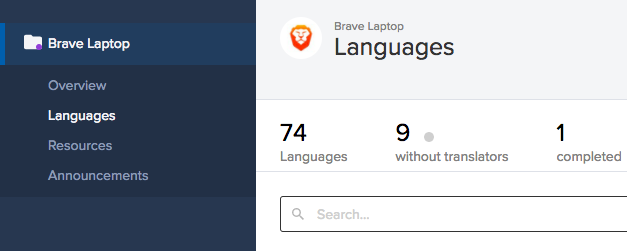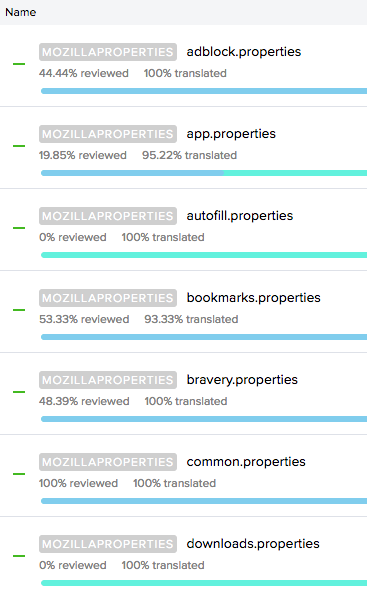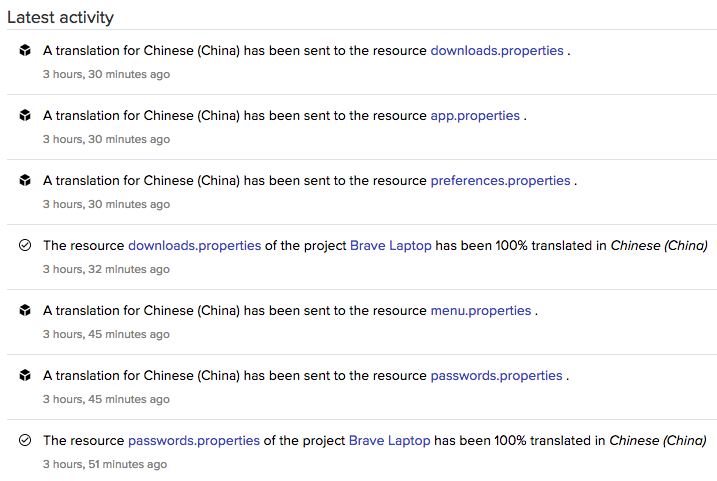As our release 0.2 requested, we are asked to contribute to an existing open source project on Github. The challenge for us is actually to find a suitable bug/issue (Good First Issue) to work on since most of us are newbies to open source.
As for me, I end up picking the localization as my main goal to contribute. I have been looked into the Brave project for a while (browser-laptop ver). Surprisingly, the translation for Chinese (China) isn’t fully completed yet (about 80% for zh_cn). Also, most of the work was done by 5 translators 2 years ago, and no more maintenance since then. Compared to VSCode, you will notice there is still not much attention for the Brave browser in China, perhaps people don’t even aware of the project is open.
Well, I thought it might be worthwhile doing it. Let’s take a look at how we can contribute to translation.
- Create a Transifex account
- Join an existing project – Brave Laptop
- Pick a language – Chinese (China)
- Join a team – Team 1
Transifex lets the project utilizing their API to store the content into a platform (file system) where translators and collaborators can do their work. After translation, the project can just pull the translated content back to their repo.
After you have access to the project, you will be assigned to the translator role:
Heading to the project page, under language tab, search your desired language:
After selecting the language, you will see the content is grouped into various properties. Click on any property to start translating 🙂
You can check your recent activities by viewing your profile. After your translation, your job is mostly done. The project will pull the translation files based on their release. 
Overall, the translation process is pretty straightforward, but I think it will be rewarding for the community later on. As more translation get going, more people will be noticed and get involved, which brings more end users, and more feedback will be provided to the project.
Localization work seems so easy that gets underestimated sometimes. In open source, anything open will eventually create the snowball effect and get more attention, so there’s also no exception for languages.






